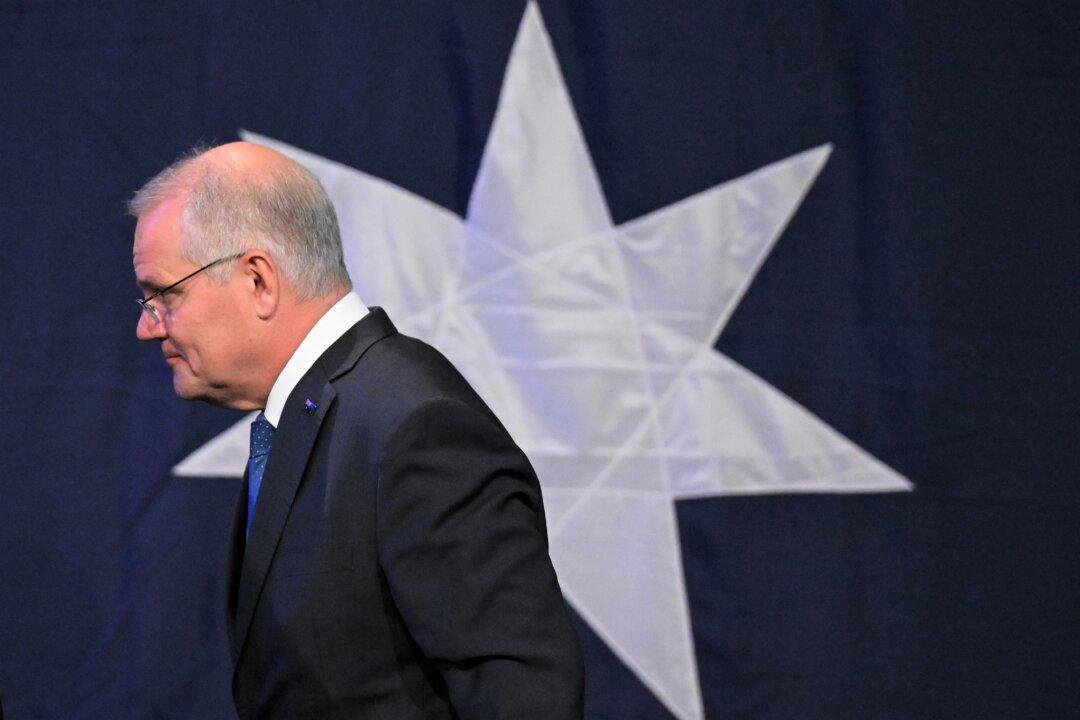Commentary
The night of May 21 became a nightmare for the Coalition government that was decisively beaten by Labor and the teal independents at the election.

The night of May 21 became a nightmare for the Coalition government that was decisively beaten by Labor and the teal independents at the election.